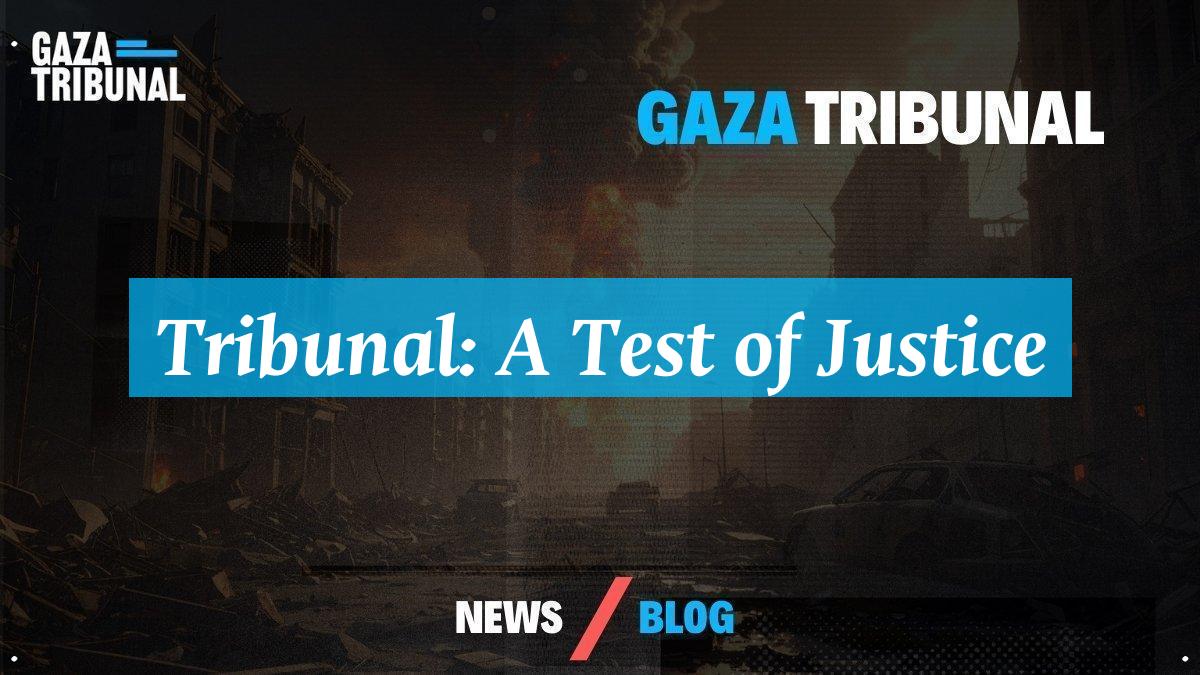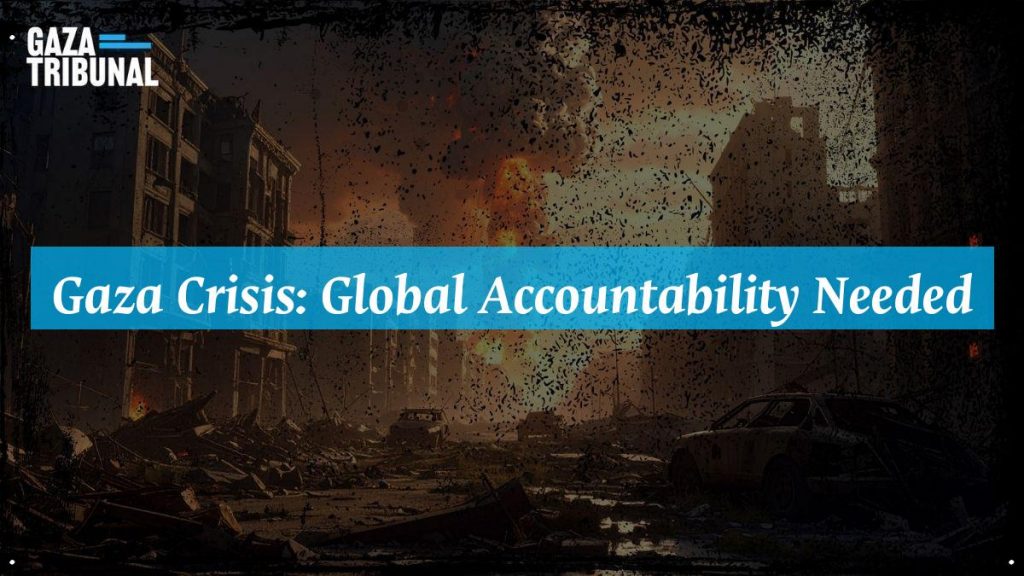The Gaza crisis on October 7 stands as a horrific marker in our collective consciousness. Each passing day deepens the layers of tragedy, yet the world seems poised on the brink of silence. What does it mean when so many suffer and go unheard? As global citizens, we are compelled to confront the reality that Gaza’s turmoil reflects into our very core. Indeed, this crisis transcends geographical boundaries; it challenges the moral fabric of humanity itself. Dr. Atallah’s observations resonate profoundly, urging us not to turn away from the haunting truth. Likewise, it begs the question: how can we continue to ignore these clear violations of human rights? This isn’t merely a regional issue—it’s an urgent call for worldwide accountability and justice! For updates on this issue, visit our news category.
Taken together, the weight is clear, as we delve deeper into the implications of the Gaza crisis, we find ourselves unravelling a narrative that must be faced. Dr. Atallah forthrightly expresses the dire consequences of ignoring Gaza’s plight; it sends a chilling message to aggressors everywhere. Thus, what unfolds is not just a local tragedy but a testament to how justice hangs in a delicate balance. As this crisis challenges our notions of international law and human dignity, we cannot afford to remain passive. The escalation of violence and the systematic targeting of civilians demand our immediate action. This brings us to a pivotal realization: without accountability for Gaza, we risk losing the essence of our global humanity. So, let us rally together, acknowledge the sobering truth, and uphold the ideals we purport to believe in!
The Ongoing Crisis in Gaza
The conflict in Gaza continues to unfold, revealing the urgent need for accountability. As communities mourn their losses, one question lingers: how long can this suffering last? The stories of families caught in the crossfire become a testament to the human cost of war. Each day, lives shatter under the weight of violence, and the world watches, often in silence. Dr. Wisam Atallah’s observations highlight a critical point. The crisis in Gaza is not just local; it resonates globally. When we ignore these injustices, what does it say about us?

Understanding the gravity of the situation requires us to confront uncomfortable truths. Dr. Atallah emphasizes that the failure to act signifies a broader moral failure. As the rubble piles up, the cries for justice echo louder. The Gaza Tribunal, he explains, represents a crucial step towards accountability. Yet, the question remains: will the international community rise to the occasion? The silence from global powers can feel deafening. It’s as if they turn a blind eye, allowing the cycle of violence to perpetuate.
The Collapse of the UN and the Power of the Veto
Dr. Wisam Atallah articulates a stark reality: “The Security Council has the authority to deploy peacekeeping forces, to suspend state memberships, even to enforce binding resolutions.” Yet, he emphasizes a troubling truth. The UN’s inability to implement a ceasefire reveals its impotence. How can a body meant to uphold peace be so powerless? The situation feels surreal. The authority it once wielded now seems like a distant memory.
According to Dr. Atallah, the United States, by wielding the veto, has rendered the UN ineffective. Billions of dollars flow into the organization, but one nation can nullify all efforts. “As if the Security Council never existed, as if the UN never existed,” he asserts. His words echo the failures of past international systems, drawing a direct line to the collapse of the League of Nations. The implications of this are chilling. If the UN cannot act, where does that leave global peace? We must question the effectiveness of a body that stands by as atrocities unfold.
Systematic Targeting: No Collateral Damage
When discussing the destruction in Gaza, Dr. Atallah’s perspective is blunt: “There are no collateral damages. There are no casualties by mistake.” He highlights the deliberate killings of innocent people, including doctors and children. These tragic events, like the execution of Dr. Adnan al-Bursh, showcase a horrifying truth. The occupying power justifies these actions, treating them as necessary. It is hard to fathom. The world must confront this reality and respond.
Dr. Atallah elaborates on these systematic attacks, presenting chilling examples. The bombing of an ambulance responding to a young girl’s injury further illustrates the brutality. “There are no taboos, no laws left standing,” he states. This reality raises profound questions about humanity’s moral compass. Why does the world remain silent? It feels like a nightmare that never ends. We cannot allow this to continue. Action must follow awareness; otherwise, we risk becoming complicit.
Killing Journalists and Silencing Gaza’s Voice
Since the onset of the war, Israel has killed at least 227 journalists. “Why?” Dr. Atallah asks, bewildered. “Because they documented evidence with sound and image.” He recalls the tragic story of journalist Hassan Aslih, executed while on a hospital bed. The chilling reality becomes apparent. Journalists, like Dr. Hossam Shabat, face dire consequences for simply telling the truth. Their bravery in the face of danger is commendable yet heartbreaking.
Dr. Atallah sees this as a calculated effort to erase dissent. By restricting foreign media from entering Gaza, Israel controls the narrative. Only local reporters, who are also targets, can convey the reality of the situation. “Their only crime,” he emphasizes, “is conveying the killing of children and women to the world.” This systematic silencing is a direct assault on freedom of expression and truth. We must support these voices. Their stories matter. They remind us of the human cost of conflict.
The Numbers That Defy Humanity
By mid-2025, over 55,000 Palestinians have died, including 17,000 children. “These are numbers the human mind cannot comprehend,” Dr. Atallah asserts. The staggering reality shocks the conscience. More than 100,000 people bear wounds, with countless others trapped under rubble. “Even the most basic principle of international law—preserving human dignity—has been shattered,” he adds. How can we turn a blind eye to this suffering? The statistics tell a haunting story.
Dr. Atallah’s words resonate deeply. Bodies lie unclaimed, stripped of their identities and dignity. This tragedy transcends borders, challenging the very essence of humanity. The numbers tell a story of loss and despair. Yet, amid the devastation, a flicker of hope remains. We must stand together to demand justice and accountability for those affected. Thank you for engaging with these crucial issues. Your awareness can spark change and inspire action! Learn more from the source.
Gaza News


